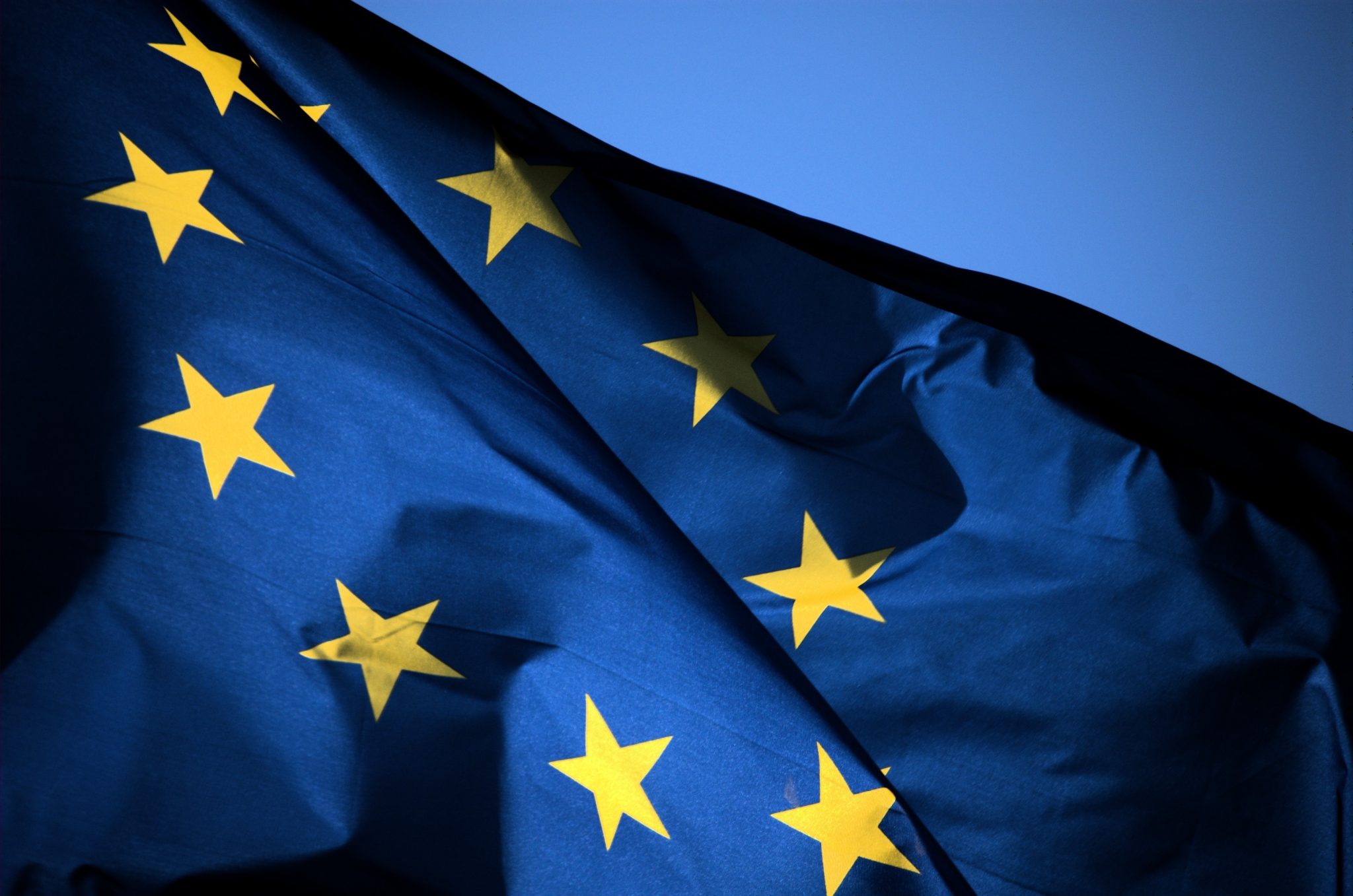
Since the beginning of the last decade, the amount of energy produced in the European Union has decreased, in particular with respect to solid fossil fuels, natural gas, and oil and petroleum products, whereas renewable sources have been increasing their share in the production of energy. The general reduction trend in energy production caused an increase in imports from non-EU countries in order to satisfy the EU member states’ energy needs.[1]
Each member state has developed its import relations with non-EU countries. However, when considering the conglomerate European Union, the main partner is Russia, which has been for a long time the major supplier of natural gas, oil and solid fossil fuels. Besides, for some EU member states, Russia is the only supplier or primary supplier among few alternatives.[2] This translates into a dependency of the EU on a single supplier of energy sources.
For the Entire Paper
________________________________
[1] Eurostat Satistics Explained. (2022). Energy statistics – an overview. https://ec.europa.eu/eurostat/statistics-expla ined/index.php?title=Energy_statistics_-_an_overview#Primary_energy_production
[2] The reference is to the situation of dependency of the EU before the recent international developments.



